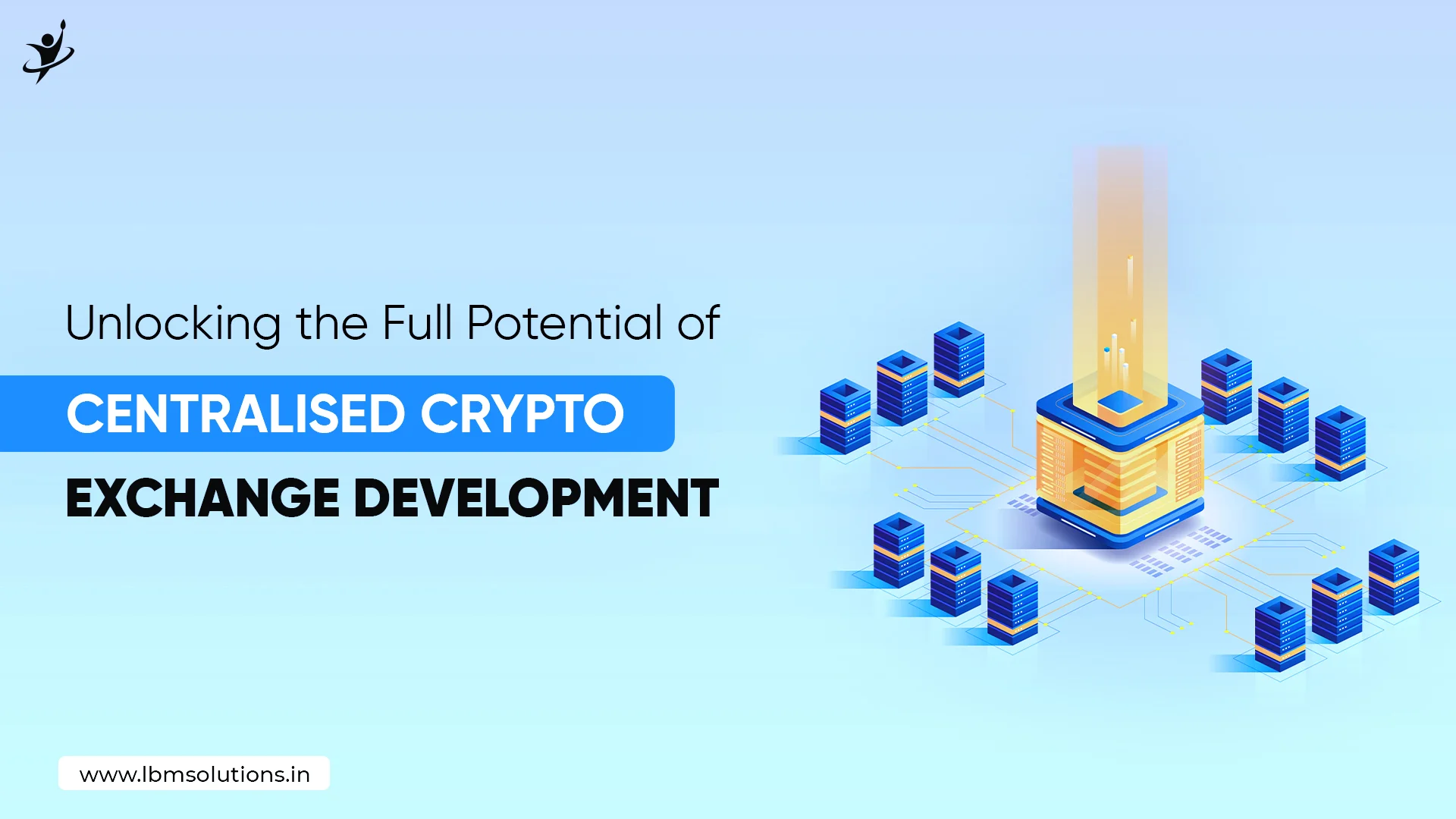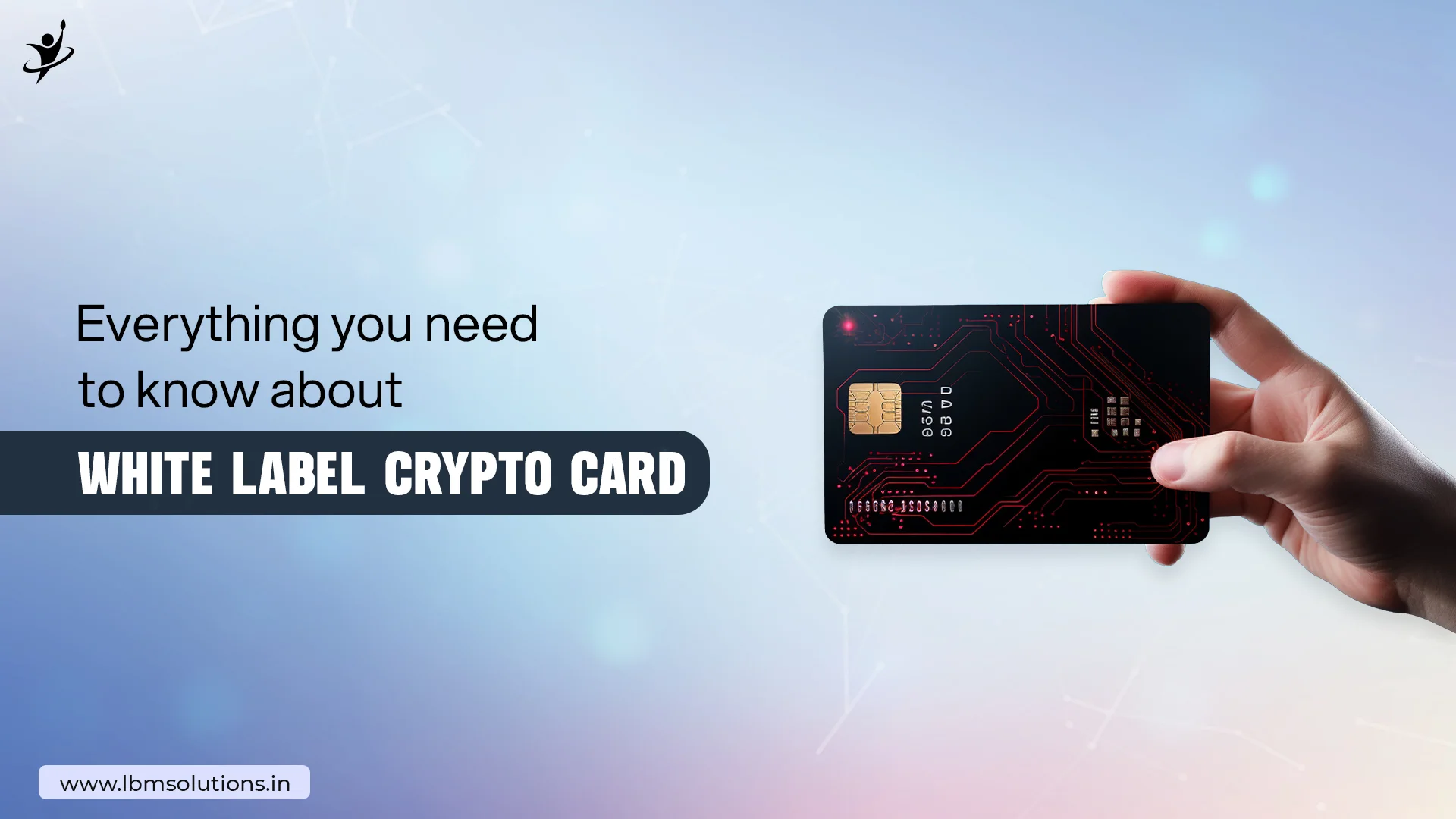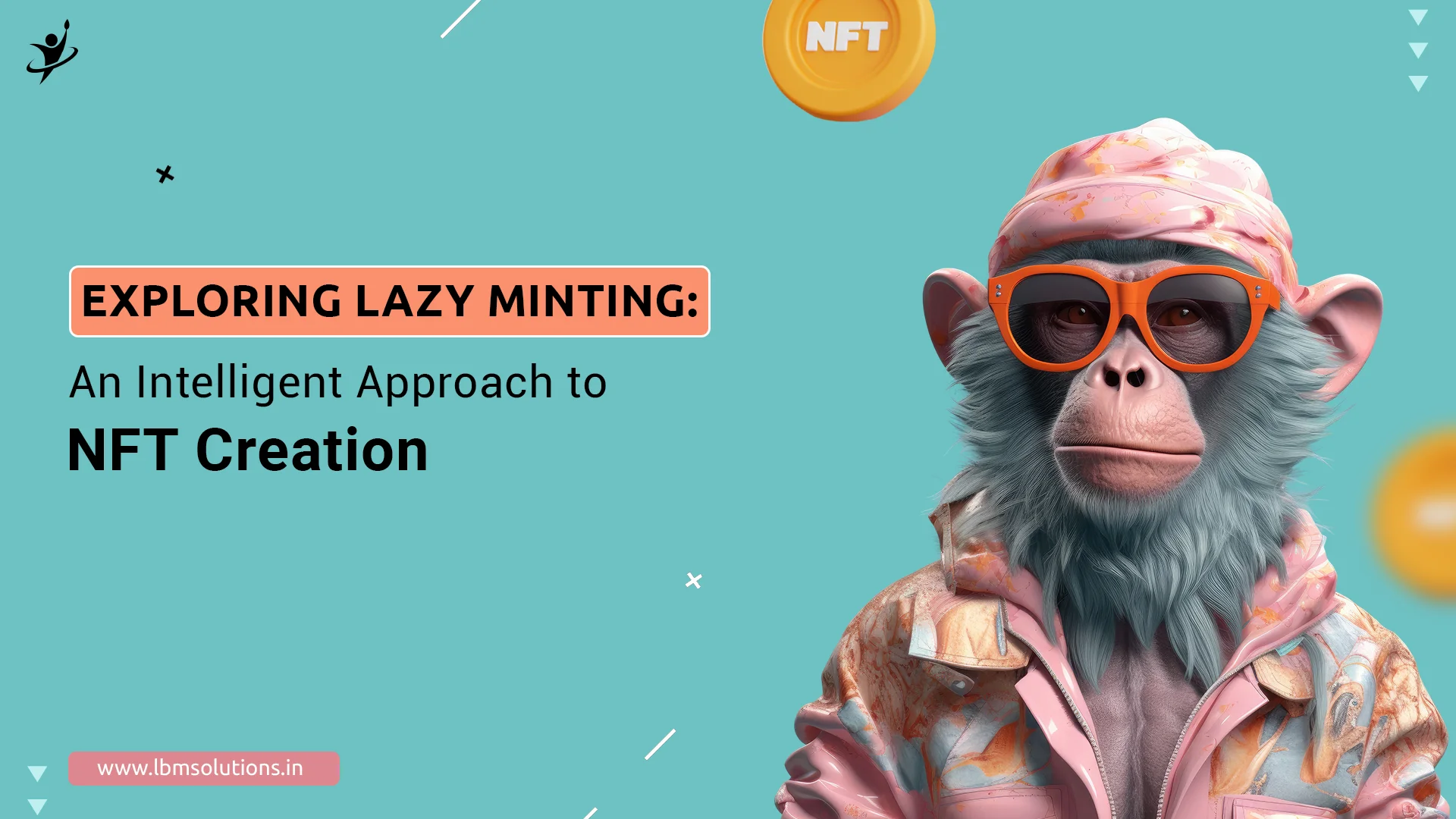Smart contracts are a powerful tool used to automate transactions and enforce agreements. They are written in code, stored on the blockchain, and executed by network users. For these smart contracts to remain secure, however, private keys must be shared between parties to deploy them. This can lead to security risks if the private key is not properly managed or secured. Fortunately, there is a way to deploy smart contracts without having to share private keys. Here’s what you need to know about smart contract development without private key sharing:
Software Development Kit (SDK)
The most common way of smart contract development without private key sharing is through the use of an SDK. An SDK acts as an intermediary between the user and the blockchain network. That further enables users to deploy their smart contracts without having to directly interact with the network itself. This provides an extra layer of security since only the SDK has access to the private key that is used for deployment.
Using an SDK also makes it easier for developers because they do not have to worry about managing their own infrastructure or understanding how networks work to deploy their smart contracts. The SDK handles all of this for them, making it a much simpler process overall.
Deployment Process
Once a developer has chosen an SDK that meets their needs. Now they can begin the process of deploying their smart contract. This process typically involves writing code. That further defines how the contract will function and then running tests on it before it is deployed onto a test network such as Rinkeby or Ropsten. Once these tests have been completed successfully, the developer can then deploy their contract onto a mainnet such as Ethereum or Bitcoin using the provided tools from their chosen SDK.
What does Mainnet launch mean?
Mainnet launch is a critical step in the life cycle of a blockchain project. It is the moment when a blockchain network officially goes live and can support transactions and applications. The launch marks the end of the development process and signals that all features are available for use on an unaltered public chain. Mainnet allows users to interact with applications, send transactions, and store data within an immutable consistent ledger.
The main purpose of launching a mainnet is to enable real-world interactions using the underlying blockchain technology. The launch enables developers to deploy decentralized applications (dApps) that can interact with the public chain while ensuring they are resistant to censorship or manipulation by third parties. Mainnets also allow users to access token economies and reward systems through smart contracts, create wallets containing digital assets, and transact directly between peers without needing to trust third parties.
To sum up,
Smart contract development without private key sharing is possible thanks to software development kits (SDK). These tools act as intermediaries between users and blockchains,. Further, allowing developers to easily deploy their contracts onto test networks before moving them onto a mainnet such as Ethereum or Bitcoin. By utilizing an SDK instead of manually managing their own keys, developers can protect themselves from potential security risks. Furthermore still being able to develop and deploy smart contracts quickly and easily. With this knowledge in hand, developers or a smart contract development company can now confidently get started on building out their next project!











